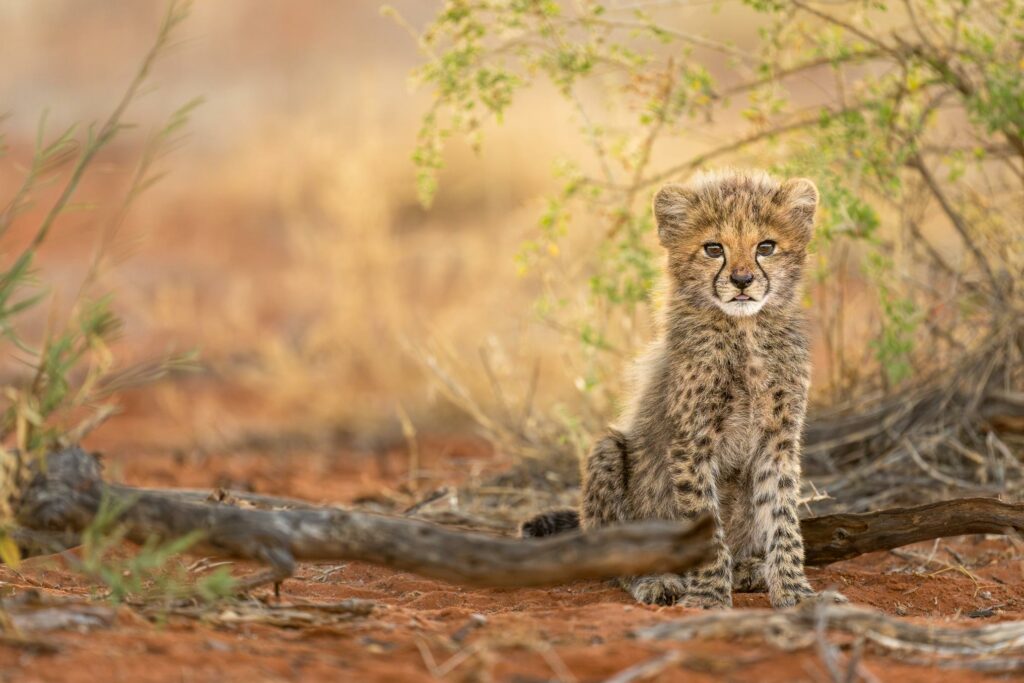NATURE’S HEALING POWER
While we cannot always immerse ourselves in nature – let alone find solitude and peace in a remote wilderness area – there is compelling evidence to suggest that spending time outdoors, even 15 minutes in a garden or green space, is not only good for the soul but also helps restore our health. Ideally, we need to ditch our devices and head outdoors if we are to reconnect with nature’s healing power. Carving out time to appreciate – even to notice – the natural world and its rhythms and cycles also nudges us to confront how deeply dependent we all are on nature.
Sunrise. An armchair, next to an open window. A cup of coffee. A chorus of birdsong. Deep breaths.
As banal a ritual as this is, it might just be the single most important part of my day. No matter what’s been keeping me up at night, this simple act helps me regain my equilibrium and start each day with a sense of perspective. The birds going about their business makes it feel as though everything will be okay.

MY WIFE AND I DISCOVERED THIS BIRD’S NEST IN OUR NEIGHBOUR’S HEDGE WHILE TAKING OUR DOGS FOR THEIR DAILY WALK – A GOOD EXAMPLE OF STAYING CURIOUS AND ATTUNED TO OUR NATURAL SURROUNDINGS.
For all the advantages brought to us by technology, life in the modern world does have a few drawbacks. Stress, anxiety, and depression levels are a growing concern, particularly in cities. It is all too easy to feel overwhelmed, disconnected and lost. The world might be at our fingertips, but so are its problems. While we don’t want to be unaware or unengaged, constant reminders of what a terrible mess we’re making of things are not, it turns out, that great for our mental health.
Luckily, there is an easy remedy to return to a state of calm: go outside.
Though it shouldn’t come as a surprise to anyone, study after study has confirmed the health benefits of spending time in nature. Even as little as 10 to 15 minutes a day in natural spaces (which basically includes anything with a tree or patch of grass) is enough to reduce blood pressure and heart rate and improve mood and a general sense of well-being.[i] Anxiety and stress go down, the ability to concentrate goes up. Exposure to green urban spaces even reduces violence.[ii]
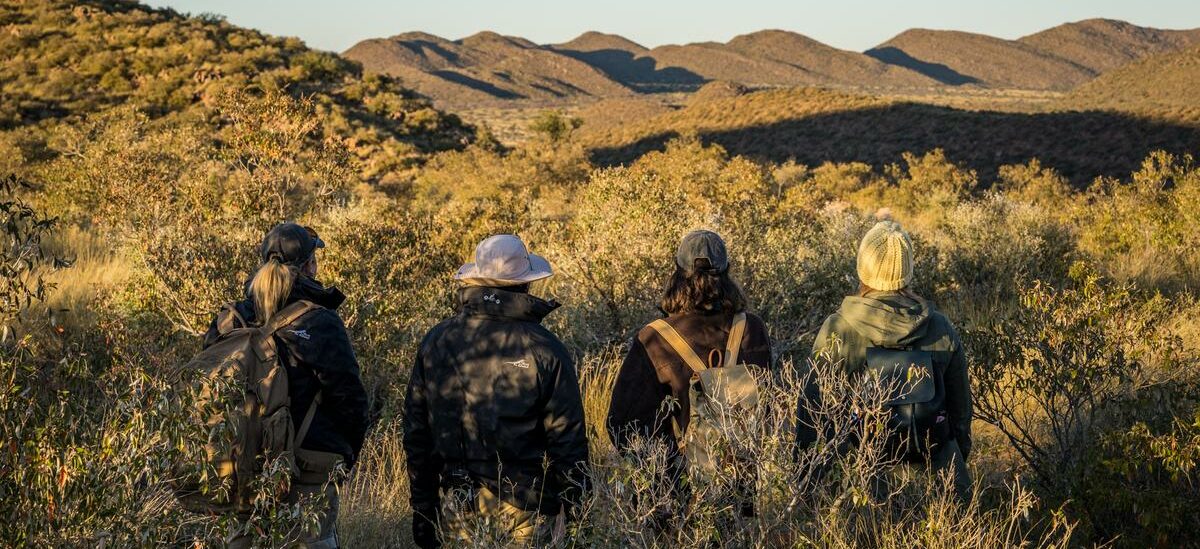
Partly, this can be explained by the link between spending time outdoors and engaging in physical exercise: chances are that if you’re in a park or a forest, you will be moving at least a little bit. But that is not all there is to it. (In fact, one study found that while 90-minute walks in natural settings significantly reduced ruminations, 90-minute walks in urban settings did not.)
Whether it is the sensation of the breeze against your cheek or the sound of waves breaking along the beach, the natural world makes it easier for us to live in the moment, the here and now, allowing us to momentarily forget about our to-do lists, the electricity bill, and Russia’s invasion of Ukraine. Leaving your phone at home when you go for a walk helps, though if you do need to take that call, you might as well do so under a beautiful, big tree.
Is that it, then: a walk a day keeps the doctor away?
Well, any time in nature is better than no time in nature – in fact, even watching nature on TV is better than no nature[iii] – but not all time in nature is equal. My morning birdsong exposure and daily dog walks are immensely restorative. When I lived in Sweden, a walk through the woods would do wonders for me. But they cannot compare with spending several days in an intact natural environment, removed from the hustle and bustle of modern life.
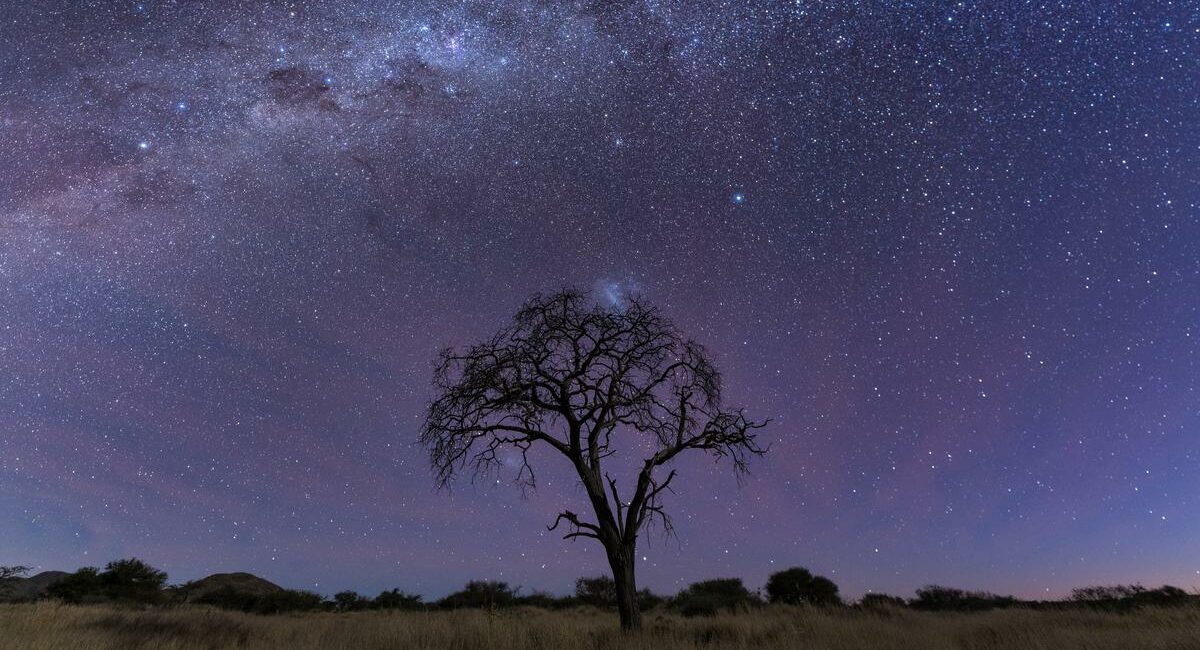
Immersing yourself in nature – stepping away for several days, or even weeks – isn’t only about what you leave behind, but what you find when you get there. For me, that is a mixture of peace, excitement and belonging that leaves me feeling fulfilled, with very little room left for anxiety. Wildlife encounters add immeasurably to that feeling. A fleeting glance of a reclusive rhinoceros. Ten minutes with a lazy pride of lions. An hour spent with a manic meerkat family. A night under an open sky, lulled to sleep by a symphony of cicadas and the occasional howl of a hyena. A week of fresh air.
It is not a magic pill. If your mind is constantly elsewhere, or your eyes keep returning to the screen of your phone, it won’t be the same. Mindfulness, like exercise, requires effort and persistence. Luckily, in this case, all it really takes for the magic to happen is that you allow yourself to get lost in the moment. Something made immeasurably easier by the presence of meerkats and the lack of mobile network. If your time in the wild also happens to support important conservation work – well, then you’ll have even more reason to feel good.
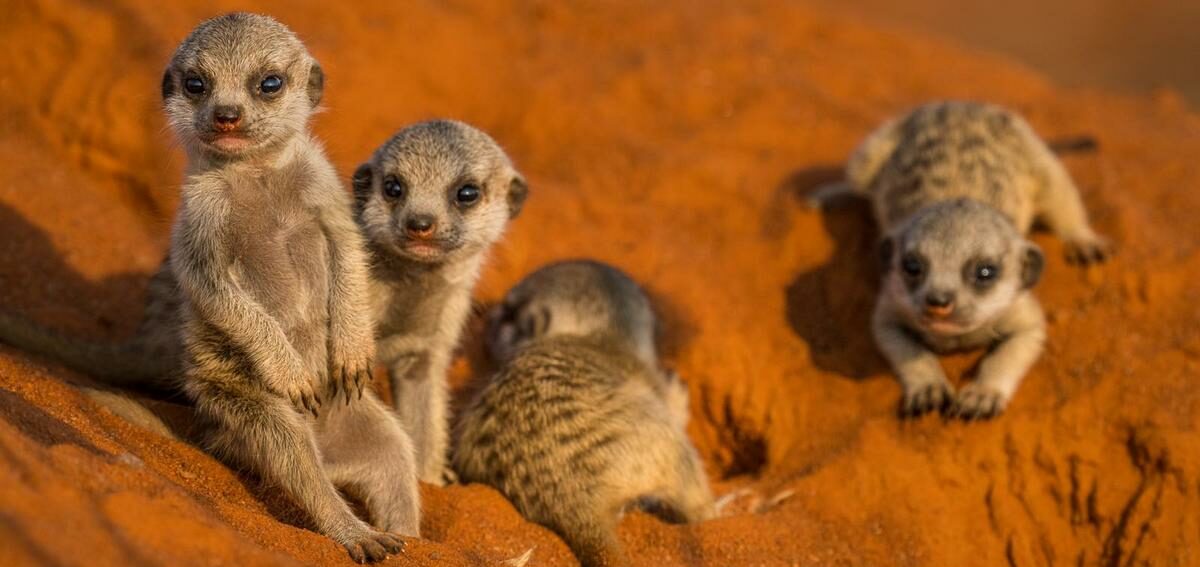
Why is exposure to nature so important for us? It isn’t so strange, really. For most of our species’ existence, proximity to wild places and creatures would have been the norm. Our bodies and psyches have evolved to the rhythms and sounds of the natural world, not to concrete, sirens and laptops. Seeking out such places and experiences today can allow us to rediscover that ancient connection, but with the added benefit of not needing to fight for our survival.
In 2005, Richard Louv coined the term ‘Nature Deficit Disorder’, describing the effect of our disconnect from the natural world and the potential effects of this alienation on our well-being and health. Though not a medically recognized term, I love it. The point of it is that looking at our relationship with nature as a desirable extra – a bonus on top of your salary, say – is wrong.
Rather, time in nature is like vitamins and minerals. We need a certain amount of time immersed in nature to thrive and are decidedly worse off than we should be if we go too long without it.
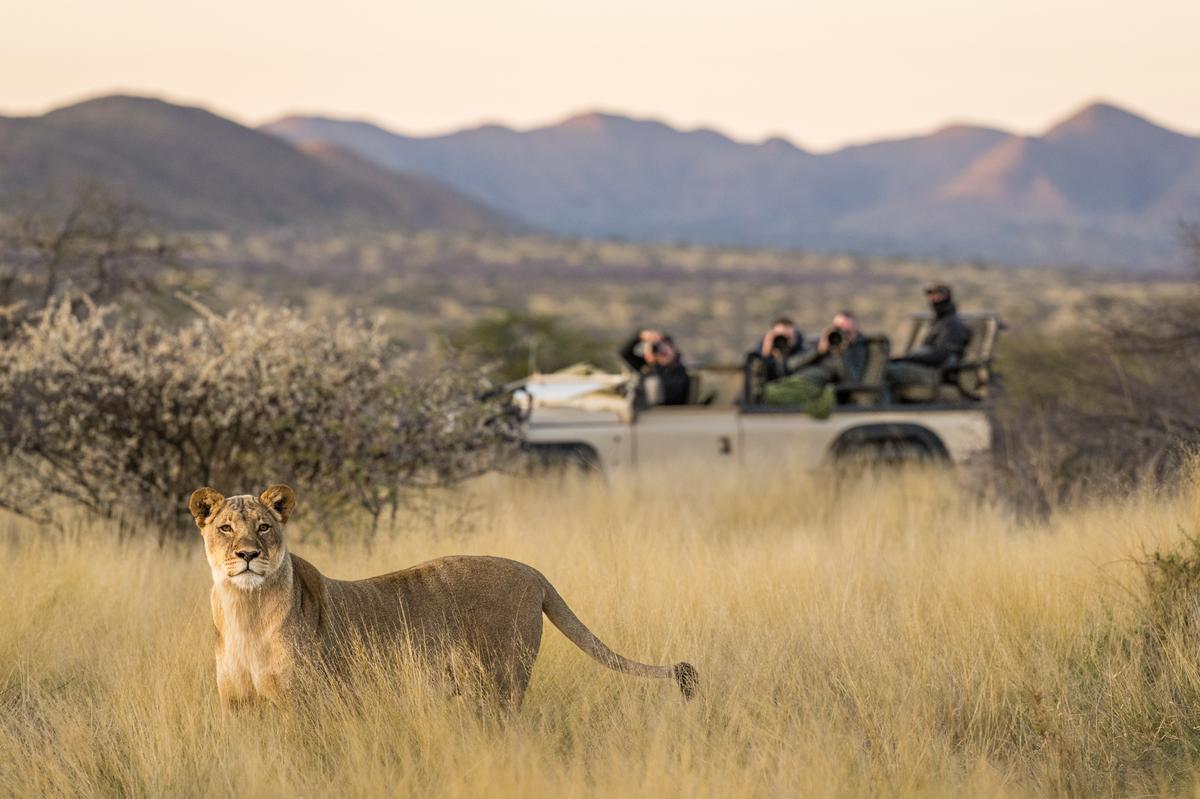
References:
[i] https://www.frontiersin.org/articles/10.3389/fpsyg.2019.02942/full
[ii] https://pubmed.ncbi.nlm.nih.gov/29510520/
[iii] TV
All images by Marcus Westberg. Follow @marcuswestbergphotography on instagram
